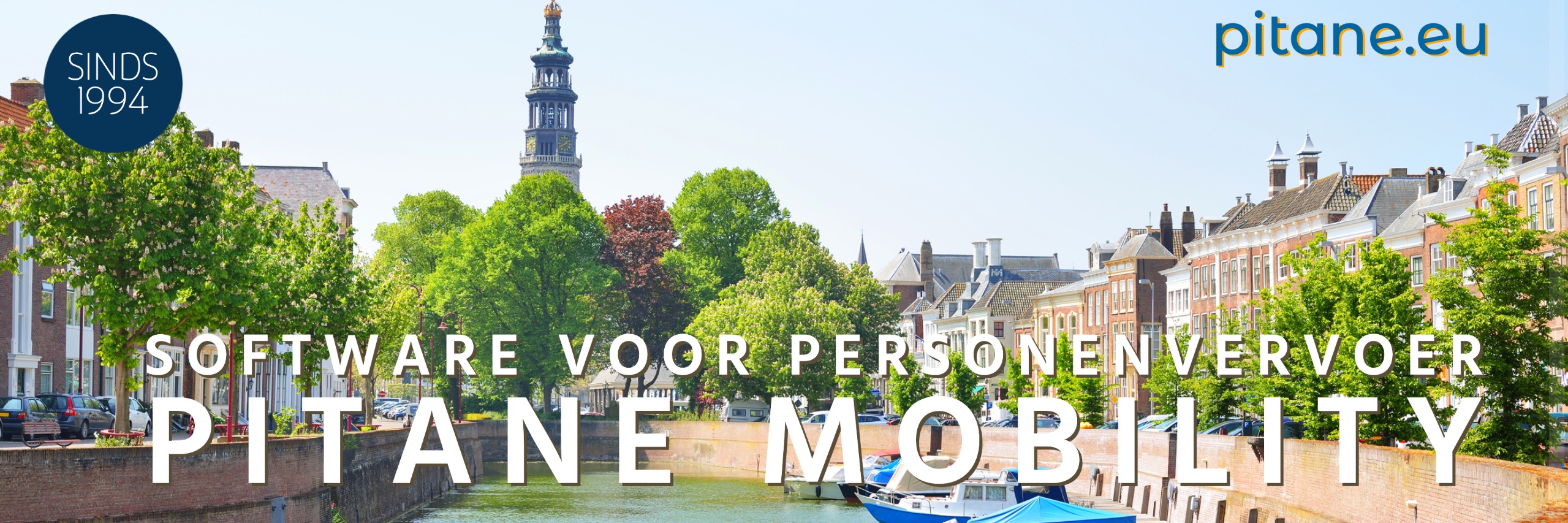The structure of the 'TCO-Touringcar' has been kept as simple as possible.
The Rutte IV cabinet wants the Netherlands to be a leader in Europe in combating global warming. To achieve this goal, greenhouse gas emissions must be reduced as much as possible in all sectors, including those from buses and coaches. The Ministry of Infrastructure and Water Management, Bus Transport Netherlands and the municipalities of Amsterdam, The Hague, Eindhoven and Utrecht are therefore in talks to accelerate the transition to zero-emission coach transport. The transition to zero-emission coach transport also contributes to improving air quality. The calculation model 'TCO-Touringcar' is one of the initiatives that resulted from the discussions.
Commissioned by the Ministry of Infrastructure, research agency Panteia has set up a widely supported model, based on existing knowledge and insights. This was done by conducting an inventory of the requirements of a TCO model, involving coach operators, manufacturers, suppliers and Bus transport Netherlands, among others. Based on a number of scenarios, the calculation model shows the current cost price difference between battery electric/hydrogen and diesel coaches.
"The coach sector faces major challenges when it comes to making the sector greener. Almost all entrepreneurs prefer to start the transition to zero-emission coach transport today rather than tomorrow, but for many it starts with the question: how am I going to pay for it? To help entrepreneurs answer that question, the TCO model is a great first step on the road to zero emissions."
BVN Secretary Carlo Cahn
The TCO model makes it possible to quickly calculate a cost price for a battery electric coach or a hydrogen coach and to compare it with a diesel variant. By then turning a number of “buttons” of the model, such as the expected lifespan of the coach, varying the size of subsidies or adjusting the level of the diesel price or energy price, the influence of this on the cost price can be determined immediately.
The structure of the 'TCO-Touringcar' has been kept as simple as possible. This means that the 'TCO-Coach' already produces substantiated calculation results based on a limited input. The TCO model not only looks at the purchase price of the vehicle, but at the total costs over the total useful life of the vehicle (TCO), including charging infrastructure. All this based on the current state of the art.
Although the costs of operating coaches are the core, the model also calculates the annual emissions of pollutants. A distinction is made between CO2, PMx and NOx. The emissions are determined 'Well-to-Wheel'. This means that CO2 and NOx emissions are also attributed to electric coaches that use gray electricity.



